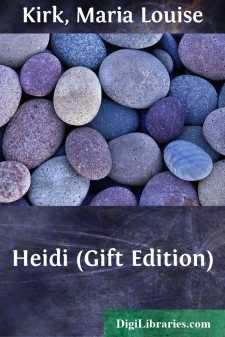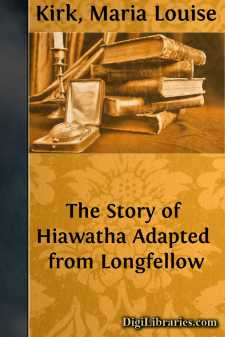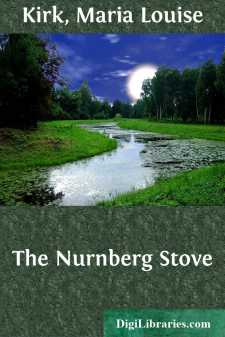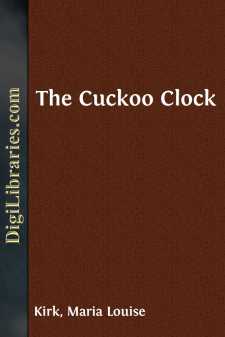Categories
- Antiques & Collectibles 13
- Architecture 36
- Art 48
- Bibles 22
- Biography & Autobiography 815
- Body, Mind & Spirit 144
- Business & Economics 28
- Children's Books 18
- Children's Fiction 14
- Computers 4
- Cooking 94
- Crafts & Hobbies 4
- Drama 346
- Education 58
- Family & Relationships 59
- Fiction 11834
- Games 19
- Gardening 17
- Health & Fitness 34
- History 1378
- House & Home 1
- Humor 147
- Juvenile Fiction 1873
- Juvenile Nonfiction 202
- Language Arts & Disciplines 89
- Law 16
- Literary Collections 686
- Literary Criticism 179
- Mathematics 13
- Medical 41
- Music 40
- Nature 179
- Non-Classifiable 1768
- Performing Arts 7
- Periodicals 1453
- Philosophy 65
- Photography 2
- Poetry 896
- Political Science 203
- Psychology 44
- Reference 154
- Religion 515
- Science 126
- Self-Help 85
- Social Science 83
- Sports & Recreation 34
- Study Aids 3
- Technology & Engineering 59
- Transportation 23
- Travel 463
- True Crime 29
Our website is made possible by displaying online advertisements to our visitors.
Please consider supporting us by disabling your ad blocker.
Heidi (Gift Edition)
Categories:
Description:
Excerpt
INTRODUCTION
Unassuming in plot and style, "Heidi" may none the less lay claim to rank as a world classic. In the first place, both background and characters ring true. The air of the Alps is wafted to us in every page; the house among the pines, the meadows, and the eagle poised above the naked rocks form a picture that no one could willingly forget. And the people, from the kindly towns-folk to the quaint and touching peasant types, are as real as any representation of human nature need be. Every goat even, has its personality. As for the little heroine, she is a blessing not only to everyone in the story, but to everyone who reads it. The narrative merits of the book are too apparent to call for comment.
As to the author, Johanna Spyri, she has so entirely lost herself in her creation that we may pass over her career rather rapidly. She was born in Switzerland in 1829, came of a literary family, and devoted all her talent to the writing of books for and about children.
Since "Heidi" has been so often translated into English it may well be asked why there is any need for a new version. The answer lies partly in the conventional character of the previous translations. Now, if there is any quality in "Heidi" that gives it a particular charm, that quality is freshness, absolute spontaneity. To be sure, the story is so attractive that it could never be wholly spoiled; but has not the reader the right to enjoy it in English at least very nearly as much as he could in German? The two languages are so different in nature that anything like a literal rendering of one into the other is sure to result in awkwardness and indirectness. Such a book must be not translated, but re-lived and re-created.
To perform such a feat the writer must, to begin with, be familiar with the mountains, and able to appreciate with Wordsworth
The silence that is in the starry sky,[7]The sleep that is among the lonely hills.
The translator of the present version was born and reared in a region closely similar to that of the story. Her home was originally in the picturesque town of Salzburg, and her father, Franz von Pausinger, was one of the greatest landscape painters of his country and generation. Another equally important requisite is knowledge of children. It happens that this translator has a daughter just the age of the heroine, who moreover loves to dress in Tyrolese costume. To translate "Heidi" was for her therefore a labor of love, which means that the love contended with and overcame the labor.
The English style of the present version is, then, distinctive. It has often been noticed that those who acquire a foreign language often learn to speak it with unusual clearness and purity. For illustration we need go no further than Joseph Conrad, a Pole, probably the greatest master of narrative English writing to-day; or to our own fellow-citizen Carl Schurz. In the present case, the writer has lived seven years in America and has strengthened an excellent training with a wide reading of the best English classics....







